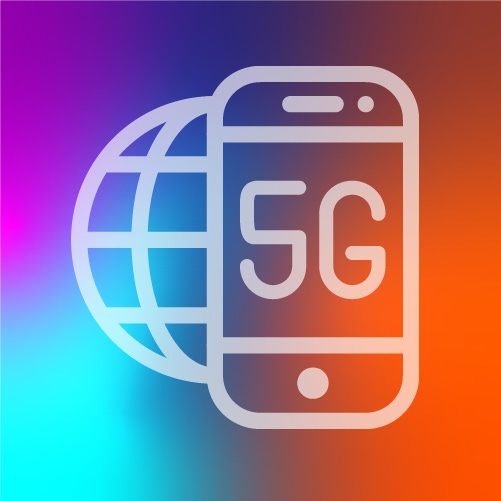
Finally, the deal has been done. Now, Malaysia's operators and the new state-backed wholesaler must make it work.
Nearly three years of uncertainty ended last week when the telcos signed up to the national single 5G network scheme.
All six operators agreed to terms with the wholesale provider, DNB, on network access.
Four operators also committed to taking stakes in DNB. Telekom Malaysia and YTL will each acquire a 20% share, valued at 286 million Malaysian ringgit (US$62.5 million).
Figure 1: 
Celcom and Digi, which are in the middle of a merger, will each invest MYR179 million ($39.1 million) to take a 12.5% share apiece. DNB parent the Ministry of Finance will own the remaining 35%.
The other two MNOs, Maxis Communications and UMobile, declined to invest in DNB, saying they saw no value in becoming minority owners.
Earlier, the operators had criticized the cost and terms of access to the DNB network, but it's not clear if those concerns have been fully allayed.
While the government may have heaved a sigh of relief, investors showed little enthusiasm for the new arrangements.
Axiata fell to its lowest level in 12 years on Tuesday and finished down 5.7% on the week. Maxis share price is off 4.8% and Digi is down 5.8% since Monday. However, Telekom Malaysia, re-entering the mobile market through the deal, enjoyed a 2% pop in share price.
Regional laggard
The delays over the single wholesale network have left Malaysia trailing in the wake of its neighbors. The entire region except North Korea has already launched commercial 5G.
DNB says the Ericsson-built network already covers 33% of the population and aims to cover 80% by 2024.
It expects that operators will start offering service as soon as this month.
Want to know more about 5G? Check out our dedicated 5G content channel here on Light Reading.
While the rollout may be well-advanced, plenty of other questions about Malaysia's single wholesale network experiment remain to be answered.
How prepared is the new provider for commercial service and the demanding task of seamlessly supporting six retail operators?
Will operators' concerns about being unable to deliver differentiation and customization be realized?
Will the wholesale access pricing allow for a reasonable return for the retail operators?
The upside in this saga is that, while Malaysia is late to the 5G party, it has been the tamest of parties so far – more afternoon tea than 1999.
The 5G promise of broad new revenue streams and exciting new services has not yet been realized.
After all the drama, Malaysian operators and consumers may not have missed out on much at all.
Related posts:
— Robert Clark, contributing editor, special to Light Reading
Read more about:
AsiaAbout the Author(s)
You May Also Like











